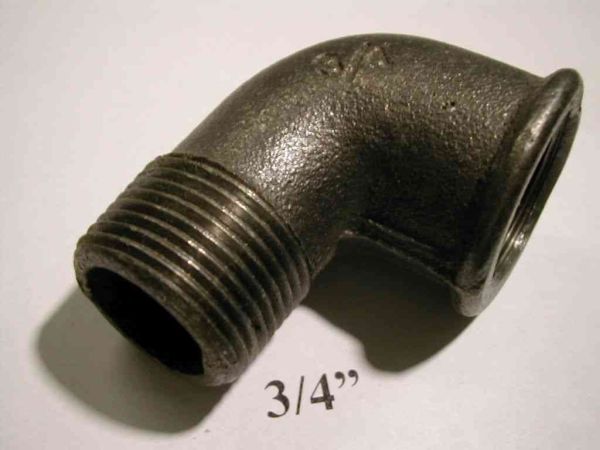That's what my ex-stringer said. I think they're trying to confuse us. Spring loaded = lockout. Lockout depends on a spring and crank and requires periodic calibration. Drop weight depends on gravity and doesn't ever need to be calibrated. Electronic and electric need electricity. Of the two, electronic is more accurate and precise. Both require periodic calibration.
For about $500, you can get a heavy-duty drop weight with fixed clamps. It's a simple machine, but it's slower to operate. There are less expensive dropweights with lesser features and worse build quality. Lockouts start at about the $500 price point. I like a drop weight because you can add stretch to a string by letting the tensioner pull for longer before clamping off and hopefully being consistent on all pulls. With Lockouts it is more difficult to intentionally pre-stretch the string during tensioning. But when you don't want extra stretch, as with a multi, a lockout stops pulling when the mechanism clicks. Dawdling with the string under tension with a dropweight elongates the string, where dawdling after the mechanism clicks on a lockout will allow the string to relax.

